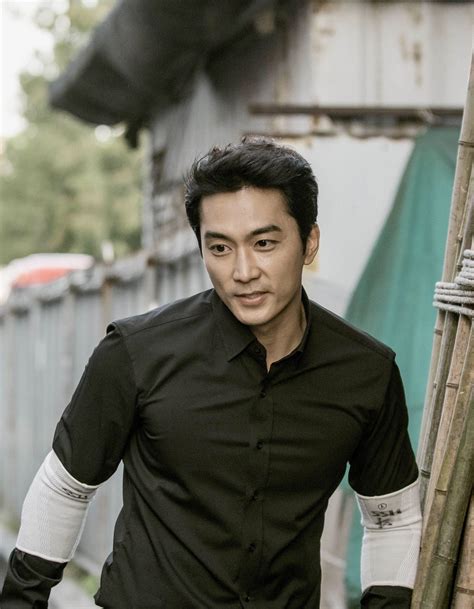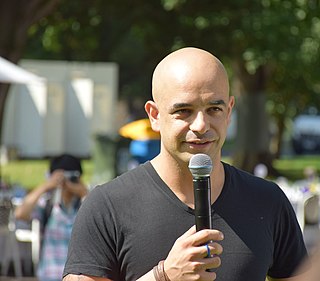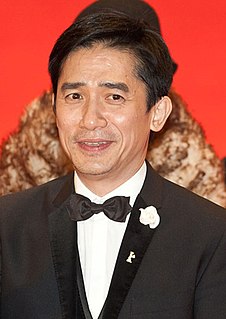A Quote by Robert Browning
The aim, if reached or not, makes great the life: Try to be Shakespeare, leave the rest to fate!
Related Quotes
If you are blessed with great fortunes. . . you may love your fate. But your fate never guarantees the security of those great fortunes. As soon as you realize your helplessness at the mercy of your fate, you are again in despair. Thus the hatred of fate can be generated not only by misfortunes, but also by great fortunes. Your hatred of fate is at the same time your hatred of your self. You hate your self for being so helpless under the crushing power of fate.
Beyond work and love, I would add two other ingredients that give meaning to life. First, to fulfill whatever talents we are born with. However blessed we are by fate with different abilities and strengths, we should try to develop them to the fullest, rather than allow them to atrophy and decay. ... Second, we should try to leave the world a better place than when we entered it.
The great theme of modern British history is the fate of freedom. The 18th century inherits, after the Civil War, this very peculiar political animal. It's not a democracy, but it's not a tyranny. It's not like the rest of the world, the rest of Europe. There is a parliament, laws have to be made, elections are made.
When I was doing Shakespeare and I had spent a lot of time and effort in trying to become a great Shakespearean actress. That was how I started my career, was in the theater doing Shakespeare. And my ambition was to be a great classical actress. That was what I wanted more than anything. So, I really pursued that in the first four years of my career. And it was an uphill struggle. It really was. Shakespeare's difficult and Shakespeare in a big theater is even more difficult. So, anyway, it was a struggle for me.







































